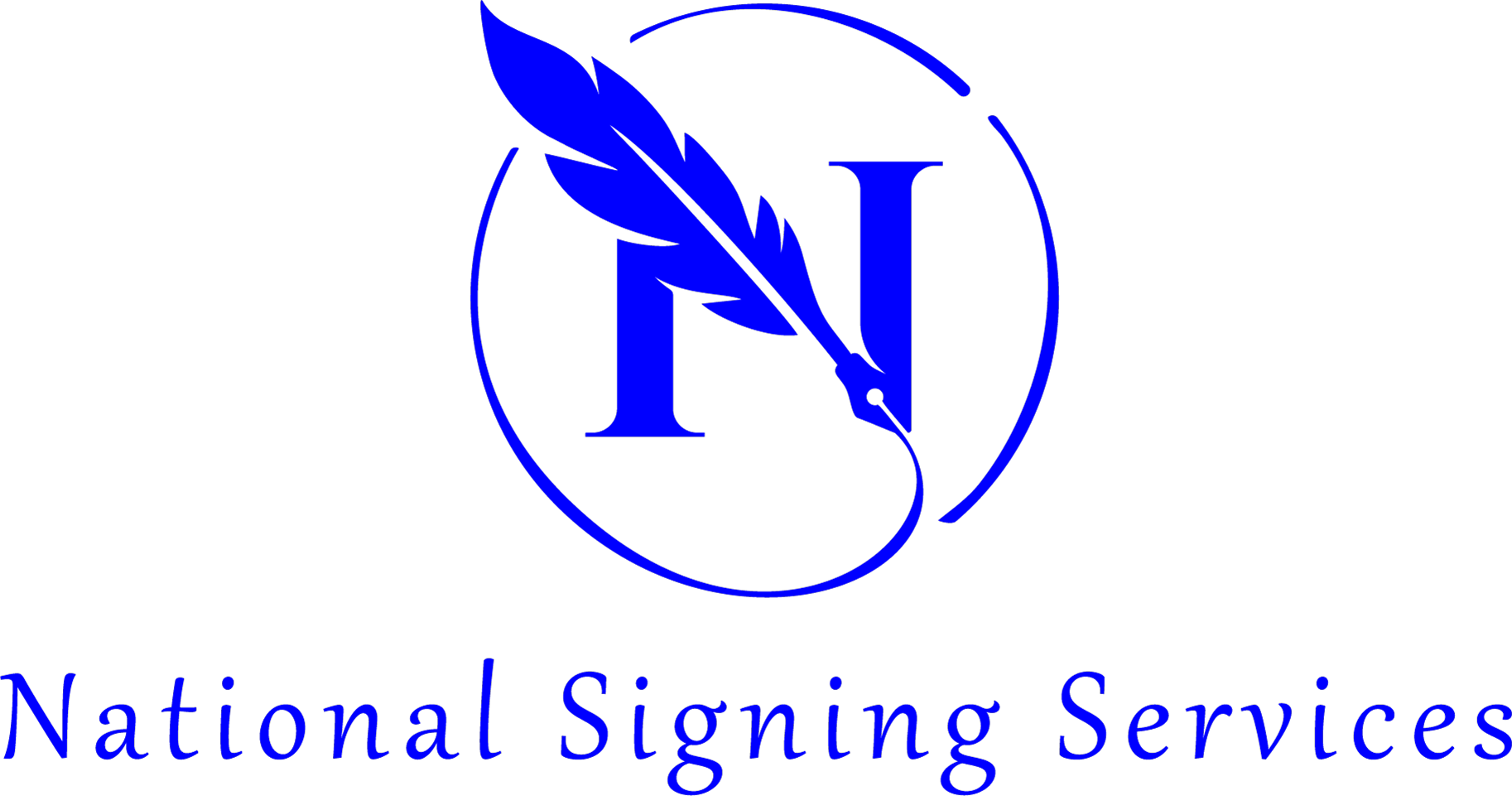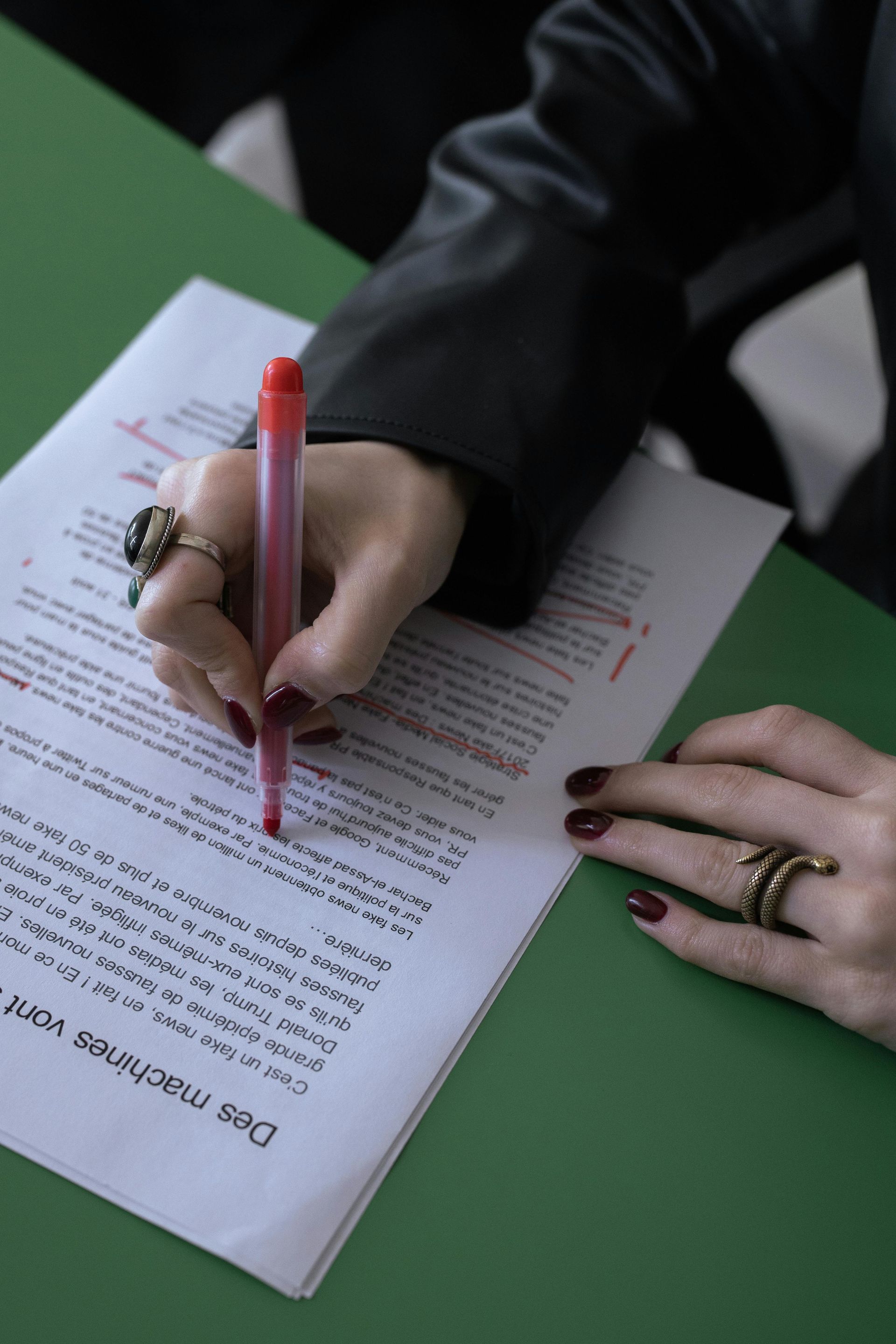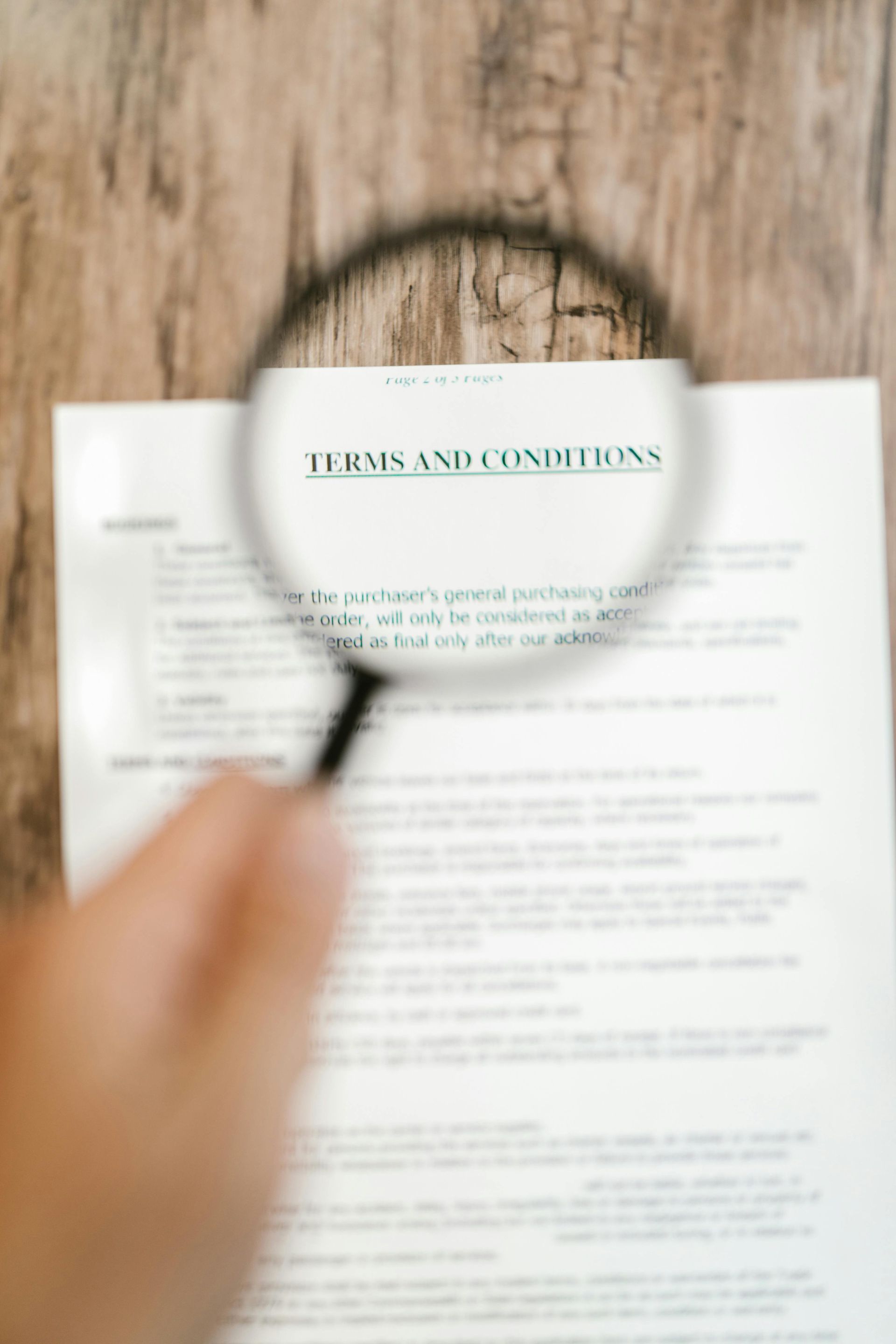Essential Requirements for Legal Document Notarization
Legal document notarization helps verify the authenticity of important papers. It ensures that the people signing the documents are who they say they are and that they are doing so willingly. This process is essential for contracts, real estate transactions, power of attorney documents, and more. Understanding what is required for notarization can save time, prevent fraud, and ensure that documents hold up in court.
What Is Legal Document Notarization?
Notarization is the process of having a certified notary public verify the authenticity of a signature on a document. This helps prevent fraud and ensures that legal agreements are correctly executed. A notary public is an official authorized to witness document signings and confirm the identity of signers.
Notarization is often required for:
- Real estate deeds
- Wills and trusts
- Contracts and agreements
- Affidavits and sworn statements
- Financial and loan documents
A notary does not provide legal advice but ensures that the signer understands what they are signing. The National Notary Association is a trusted resource for notaries and the public, offering guidelines, training, and legal updates to ensure proper notarization procedures. Their platform provides valuable insights into why notarization is essential for legal documents.
Key Requirements for Notarizing Legal Documents
Each state has its notarization laws, but specific requirements apply almost everywhere. Meeting these requirements ensures that a notarized document is legally valid.
Valid Identification of the Signer
The signer must present government-issued identification, such as:
- Driver’s license
- Passport
- State-issued ID card
- Military ID
The
notary verifies that the ID is valid and unexpired before proceeding.
Presence of the Signer During Notarization
The person signing the document must appear in person or via an approved remote online notarization platform before the notary. Notaries cannot notarize documents without verifying the signer's presence.
Verification of Willingness and Awareness
The notary must confirm that the signer is signing willingly and understands the document's contents. The notary can refuse to proceed if a person appears confused or under duress.
Use of a Licensed Notary Public
Only a
licensed and registered notary public can perform notarizations. The notary’s commission must be active and valid in the state where the notarization is taking place.
Proper Notarial Certificates and Seals
Notarized documents must include the following:
- A notarial certificate (acknowledgment or jurat)
- The notary’s official seal or stamp
- The notary’s signature and commission details
Types of Legal Documents That Require Notarization
Many legal documents require notarization before they are considered valid. Some of the most common ones include:
Affidavits and Sworn Statements
An affidavit is a written statement sworn to be true. Courts, banks, and government agencies often require notarized affidavits.
Contracts and Agreements
Some contracts, such as loan agreements or business contracts, need notarization to prevent disputes over authenticity.
Power of Attorney Documents
A power of attorney (POA) allows someone to make legal or financial decisions on another person's behalf. Many institutions require a notarized POA to ensure it is legitimate.
Real Estate Transactions and Deeds
Deeds, mortgage agreements, and property transfers usually require notarization. This protects buyers, sellers, and lenders.
Wills and Trusts
Not all states require notarized wills, but having a notarized will can prevent disputes. Some estate planning documents, like living trusts, often require notarization.
Step-by-Step Guide to the Notarization Process
The
notarization process is straightforward but must be done correctly to ensure the document's validity.
Preparing the Document
Before meeting with a notary, the document should be completed but not signed. The notary must witness the signing.
Scheduling an Appointment with a Notary
Notaries are available at banks, law offices, and through mobile or online services. Some notaries travel to meet clients at their homes, offices, or other locations.
Presenting Identification and Signing in the Notary’s Presence
The notary verifies the signer’s identity using a government-issued ID. Once verified, the signer signs the document in the notary’s presence.
Notary’s Verification and Completion of the Notarial Act
The notary confirms that the signing is done willingly and that all requirements are met. They then complete the notarial certificate, apply their seal, and record the act in their notary journal.
Common Mistakes to Avoid in Legal Document Notarization
Mistakes in notarization can cause legal problems and make a document invalid. Avoid these common errors:
- Using an expired or incorrect ID – Notaries cannot accept expired or unofficial identification.
- Failing to appear before the notary – The signer must be present, either in person or through an approved remote notarization method.
- Signing the document before meeting the notary – Many documents require the notary to witness the signing.
- Using an unlicensed notary – Always verify that the notary has an active commission.
- Incorrect notarization wording – Each state has specific notarial certificate requirements.
Remote Online Notarization: A Modern Alternative
Remote online notarization (RON) allows documents to be notarized digitally via video call. Many states have legalized RON, making the process more convenient. The benefits of RON are:
- No need for in-person meetings
- Faster turnaround time
- Secure digital records
- Legally recognized in most states
Many services offer online notarization, but using a licensed provider that complies with state laws is essential. To learn more about remote notarization, check out the National Notary Association.
Where to Find Reliable Notary Services
Finding a professional and reliable notary is essential. National Signing Services provides mobile notary and loan signing services, making notarization convenient and efficient. They work with experienced notaries across the country and ensure that legal documents are properly notarized. Whether you need a real estate document, contract, or power of attorney notarized, they can help.
National Signing Services specializes in handling loan signings, mortgage documents, and other time-sensitive notarization needs. Their network of certified notaries is trained to manage complex documents with accuracy and professionalism. They also offer flexible scheduling options, including after-hours and weekend appointments, to accommodate busy clients. Whether you require in-person notarization or a remote online notarization solution, National Signing Services provides secure and efficient support for individuals and businesses alike.
Conclusion
Notarization is a crucial step in making legal documents valid and enforceable. Whether you're dealing with real estate transactions, contracts, or affidavits, working with a certified notary ensures accuracy and prevents legal disputes. Reliable services like National Signing Services make the process easier in person or online.











